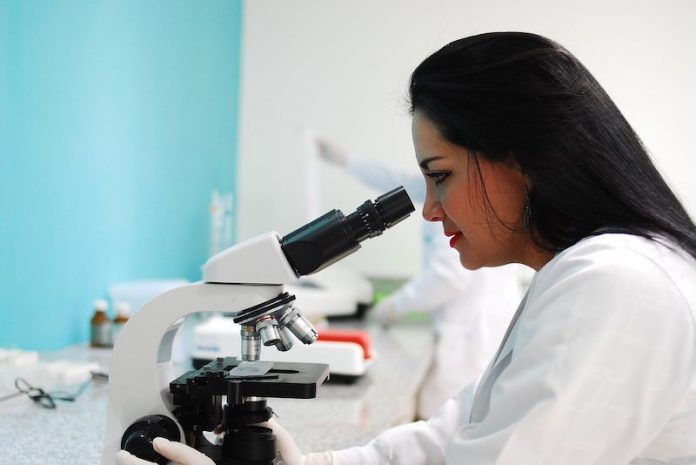
In a new study, researchers did an analysis of the genomes of 28,000 tumors from 66 types of cancer and found 568 cancer driver genes.
The results provide the most complete snapshot of cancer driver genes to date.
The research was conducted by a team at the Biomedical Genomics Lab in IRB Barcelona.
Cancer is a group of diseases characterized by uncontrolled cell growth caused by mutations and other alterations in the genome of cells.
A tumor can present from hundreds to thousands of mutations, but only a few are vital for its tumorigenic capacity. These key mutations affect the function of cancer driver genes.
Finding the genes that harbor these cancer driver mutations is one of the main goals in cancer research.
In the study, the team performed an extensive computational analysis of around 28,000 tumors from 66 types of cancer and have identified 568 cancer driver genes.
These pivotal genes play specific roles in the regulation of cell growth, the cell cycle, and DNA replication, among others.
Mutations in these genes, confer malignant cells the capacity to reproduce rapidly and endlessly, evade the immune system and other defense systems, spread and invade other tissues, and modify the environment to their benefit, among other capabilities.
The team says the finding of cancer driver genes provides cancer researchers, both in the clinical and basic research setting, with crucial knowledge and it has an important impact on clinical decision-making.
With the identification of the 568 cancer driver genes, the researchers found that most are highly specific and with their mutations capable of triggering only a few tumor types.
However, there is a small group, accounting for less than 2% of those identified, which is very versatile and can drive more than 20 different types of cancer.
Previous studies by other groups have shown that cancers are caused by an average of four key mutations in cancer driver genes.
Some types of cancer, characterized by a low number of mutations, present only one mutation in these genes, while others that typically present many mutations, such as colorectal and uterus tumors, hold up to 10.
One author of the study is ICREA researcher Núria López-Bigas.
The study is published in Nature Reviews Cancer.
Copyright © 2020 Knowridge Science Report. All rights reserved.



